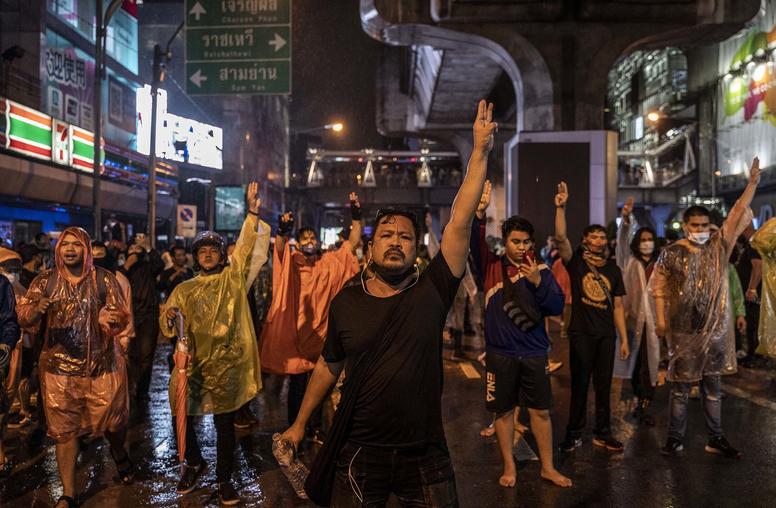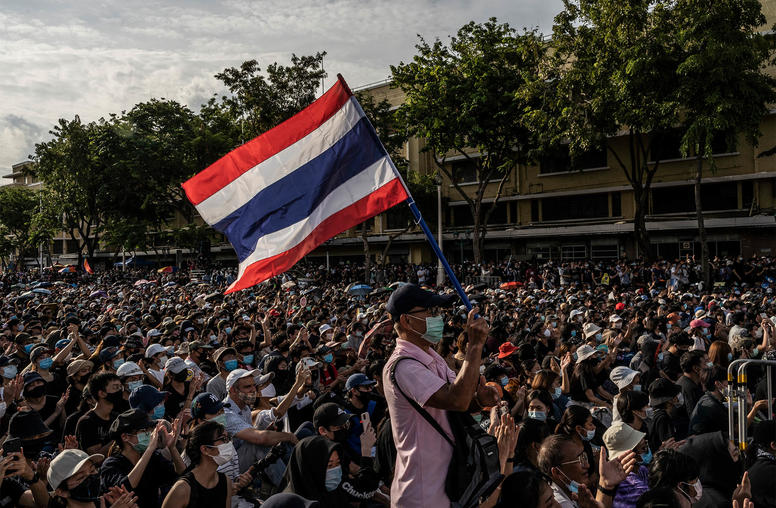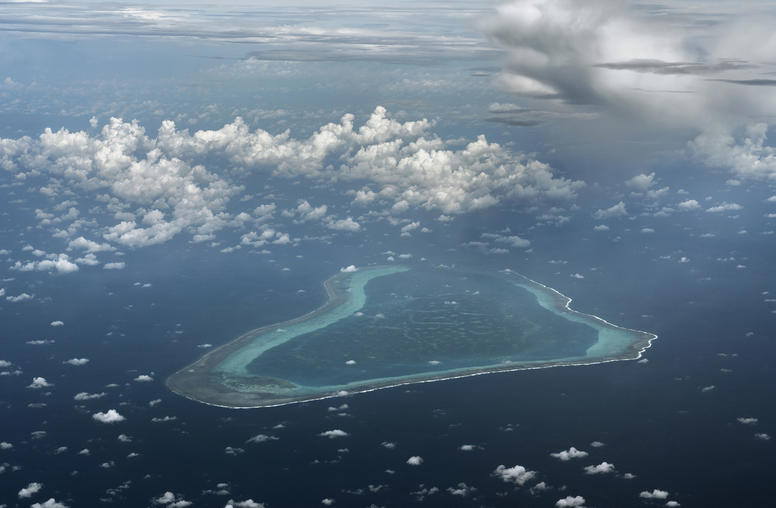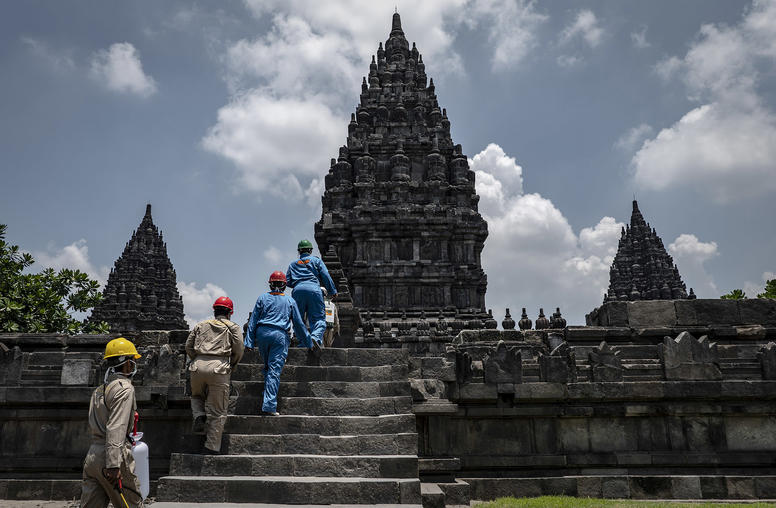Question And Answer
Publications
Articles, publications, books, tools and multimedia features from the U.S. Institute of Peace provide the latest news, analysis, research findings, practitioner guides and reports, all related to the conflict zones and issues that are at the center of the Institute’s work to prevent and reduce violent conflict.

With TikTok and Harry Potter, Thai Youth Protesters Usher in New Era of Politics
In recent months a largely leaderless movement comprised of young people has ushered in a new phase in Thailand’s political struggle, successfully putting the government and monarchy on the back foot.

Thailand’s Political Protests Wade into Unprecedented Territory
Thailand’s recent protests have burgeoned into a powerful movement that is challenging the country’s longstanding social and political orders. Along with calls for democratic and constitutional reform, many Thai youth and activists have begun openly criticizing the monarchy’s role in public life—something that has long been unthinkable in a country where the monarchy plays a central role in society. USIP’s Brian Harding examines what sparked these unprecedented demonstrations, the resistance protesters have faced from Thailand’s powerful military and government, and where the movement might lead.

Tensions Rise as Washington Rejects Beijing’s Maritime Claims
Based on what Beijing calls “historic rights,” China claims vast swaths of the South China Sea, including waters and features also claimed by the Philippines, Vietnam, Malaysia, and Brunei. With no reference to international law, China’s “nine-dash-line” encompasses 80 percent of the South China Sea reaching as far south as more than 1,000 nautical miles from the China’s coast, within 50 nautical miles of Malaysia. Within these waters lie features occupied by China, the Philippines, Vietnam, Malaysia, and Taiwan, including three artificial islands that China built in 2012 and has since developed into military bases.

Brian Harding on U.S.-China Competition in Southeast Asia
As the United States and China focus more on Southeast Asia, USIP’s Brian Harding says the region’s 10 diverse nations have “become a pretty impressive bloc … [they] realize that U.S.-China competition is here to stay and they’re trying to do their best to navigate it and have agency of their own.”

Is Coronavirus Making Southeast Asia More Authoritarian?
Southeast Asia has emerged as the regional fulcrum of strategic competition between the United States and China in the Indo-Pacific, with both the Washington and Beijing aggressively competing for influence in the 10 countries that comprise the Association of Southeast Asian Nations. This attention is well-placed, as the decisions that these countries make shape power dynamics in the broader region, influence global norms from internet governance to minority rights, and are determining along which lines the world’s most dynamic regional economy integrates.